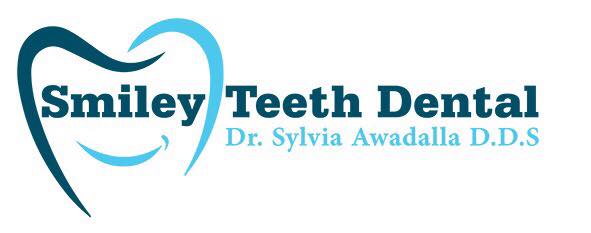Family Dentistry in Saddle Brook, New Jersey
202 Market St.
Saddle Brook, NJ 07663
(201)843-1848
Call us today
Open 6 Days A week
Schedule an Appointment Today
PERIODONTAL THERAPY
You Can Protect Yourself from Gum Disease with Regular Checkups
Periodontal disease is the technical term for gum disease, and it is certainly not uncommon. Gum disease is an infection that progressively affects the tissues and bones surrounding your teeth. It ultimately causes the gums to pull away from the teeth and leave gaps that can become infected. As bacterial toxins are released from the infection, the body responds to the infection by breaking down the bone structure and connective tissue that keep our teeth in their proper place. Eventually the affected teeth will become loose. They will either fall out or have to be removed. Periodontal disease has also been linked to diabetes, cardiovascular disease, stroke, bacterial pneumonia, and pregnancy complications.
How Do I Know If I Have Gum Disease?
This can be challenging to discern without a trip to your dentist’s office. Periodontal disease does not always display clear symptoms. This is part of what makes regular checkups, cleanings, and x-rays so important.
What Treatment Options Are Available for Gum Disease?
Different options are available and will be chosen based upon the severity of your condition.
Scaling and Root Planing (SRP)
SRP is also known as Deep Cleaning or Periodontal Cleaning. At Smiley Teeth Dental, Dr. Sylvia Awadalla will perform a deep cleaning treatment that removes plaque and tartar that is hiding in each periodontal pocket. This procedure will include planing, or smoothing, the surface of the tooth’s root and removing any calcified bacteria. This will allow the gum tissue to heal and become healthy again. The gum will reattach itself to the tooth. While the planing procedure may take more than one visit, eventually you will be able to maintain your healthy gums at home.
Local Delivery of Antibiotics
In some cases, Dr. Sylvia Awadalla may prescribe certain medications to be used in non-surgical periodontal treatment. This medication would help control the bacterial infection and allow the gum tissue to heal. The medications can include antibiotics, a mouth rinse, or a substance that is placed into any periodontal pockets after a scaling and root planing treatment.
Surgical Periodontal Therapy
This treatment allows your dentist to deal with hard-to-reach areas. Sometimes periodontal disease will not respond satisfactorily to non-surgical treatment. In these cases, Dr. Sylvia Awadalla may suggest removing the built up plaque and tartar through periodontal surgery. After this treatment, the affected gums will be stitched into place to provide a snug fit around the tooth. A bone graft may be necessary if excessive bone structure has been destroyed by the periodontal disease.
Warning Signs of Periodontal Disease
These symptoms do not necessarily guarantee that you have periodontal disease, but they are definitely warning signs and should be checked out by your dentist.
- Bleeding gums after regular brushing and flossing
- Gums that are red, swollen, or tender
- Gums that have receded (pulled away from your teeth)
- Persistent bad breath
- Pus exuding between the teeth and gums
- Teeth that have become loose
- A change in your bite or denture fit
How Can I Prevent Periodontal Disease?
- Consistent, daily oral hygiene will greatly reduce your risk
- Brush and floss at least twice each day
- Good nutrition will help your teeth and gums
- Be consistent with regular dental check ups
After-Treatment Care
If it becomes necessary for you to receive periodontal treatment, you will likely need more frequent dental checkups afterward. The periodontal disease will make it more challenging for you to keep the affected areas clean. Your dentist may recommend cleanings as often as every two to three months. Research has demonstrated that thorough periodontal maintenance after treatment will aid in more effective elimination of periodontal disease.

